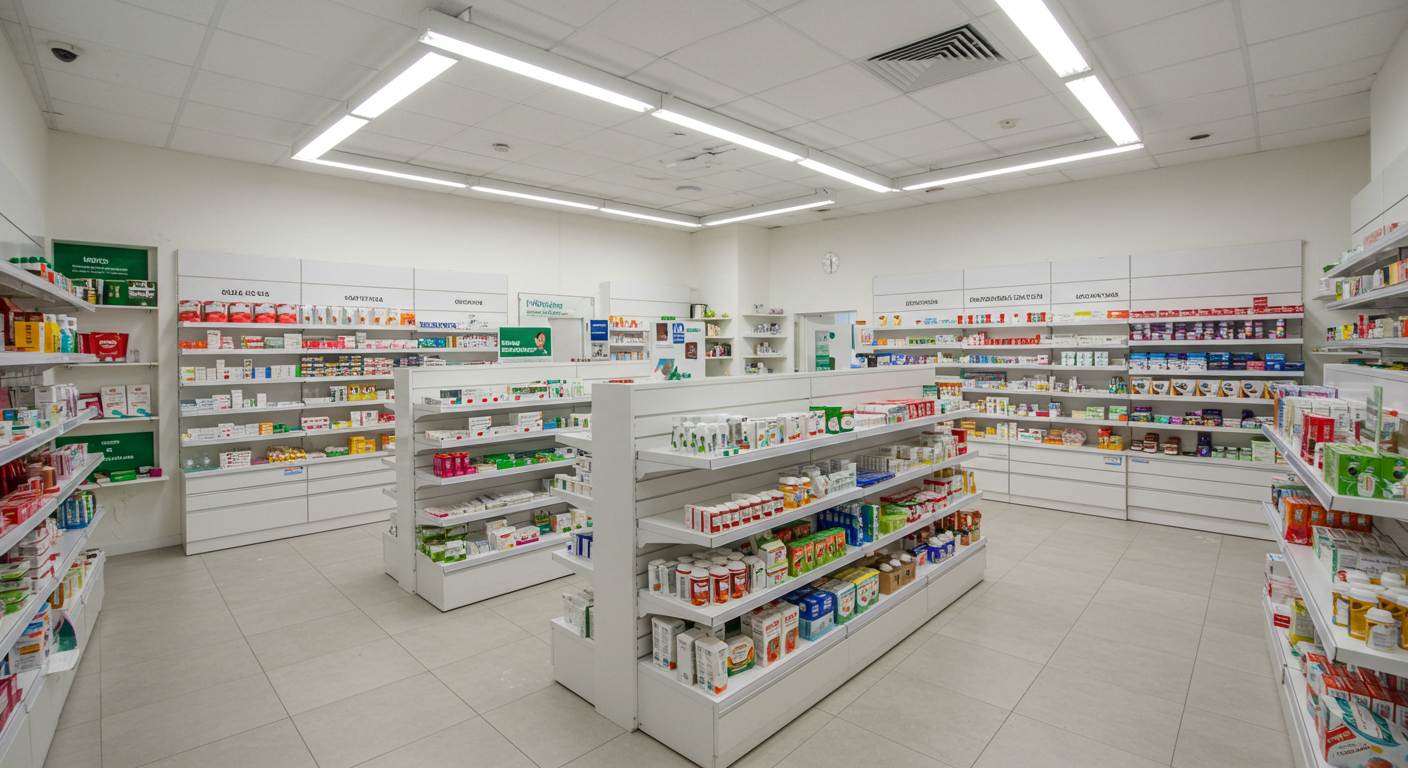Your dream is coming true. You have gotten a premise in a location you believe will do well. You contact the PPB (Pharmacy and Poisons Board) to check the space you want to start running your pharmacy. You receive the necessary approvals. You design your pharmacy and work with fundis to bring your idea to life. What now? Supplies. How do you decide which route to take? The latest PPB (Pharmacy and Poisons Board) data shows over 600 wholesalers registered in Kenya. How do you choose who to work with? What should you consider when starting your pharmacy that would give your business the best chance while limiting your losses?
First on the list is working with suppliers legally registered by the regulatory authority, the Pharmacy and Poisons Board (PPB). Avoid scenarios of product raids when they follow through on your suppliers. Such situations can dent your brand image and negatively impact your ability to keep your pharmacy open in a competitive industry. The latest data shows over 7,000 community (retail) pharmacies registered by the Pharmacy and Poisons Board (PPB). Your business decisions will determine your pharmacy’s ability to stand out in the market and thrive. Getting products from the black market skews your ability to understand the market dynamics when such items are unavailable.

Consider your location vis-a-vis that of your suppliers. How long will it take to get products once you place your orders? Our article on lead time discusses how the period between placing and receiving orders affects your ability to manage your inventory. Issues like cash flow come into play. The longer the lead time, the more likely you will hold more of your pharmacy’s cash as inventory. The overall impact is increased capital expenditure to run your pharmacy. Aim for a healthy balance between the pricing of products and the location of your suppliers.
Find out who is the LTR (Local Technical Representative) for the product. Other wholesalers are probably purchasing from them. Understand the LTR’s (Local Technical Representative’s) business model. Do they sell directly to the 7,000-plus pharmacies, or have they opted to work with wholesalers? Some work with both pharmacies and wholesalers. Countercheck their prices against those of other wholesalers. You might be in for a pleasant surprise. Join their WhatsApp and email lists to keep current with available offers. Remember to countercheck their policies on short expiries to limit your risk even as you learn the market dynamics of your pharmacy’s location.
Lastly, as much as possible, start your pharmacy at the speed of cash, not debt. Although debt may seem painless, it carries the risk of not knowing how the market will react to your pharmacy. What products will your customers prefer? Unforeseen challenges may include having products your customers do not want on the shelf and having a supplier on your neck demanding their money. You may end up losing money through expiries while negatively impacting your pharmacy’s cash flow, which is the lifeblood of your business. Take advantage of Renew Rx’s redistribution platform to liquidate such products. All the best as the latest business owner. You can do this!

